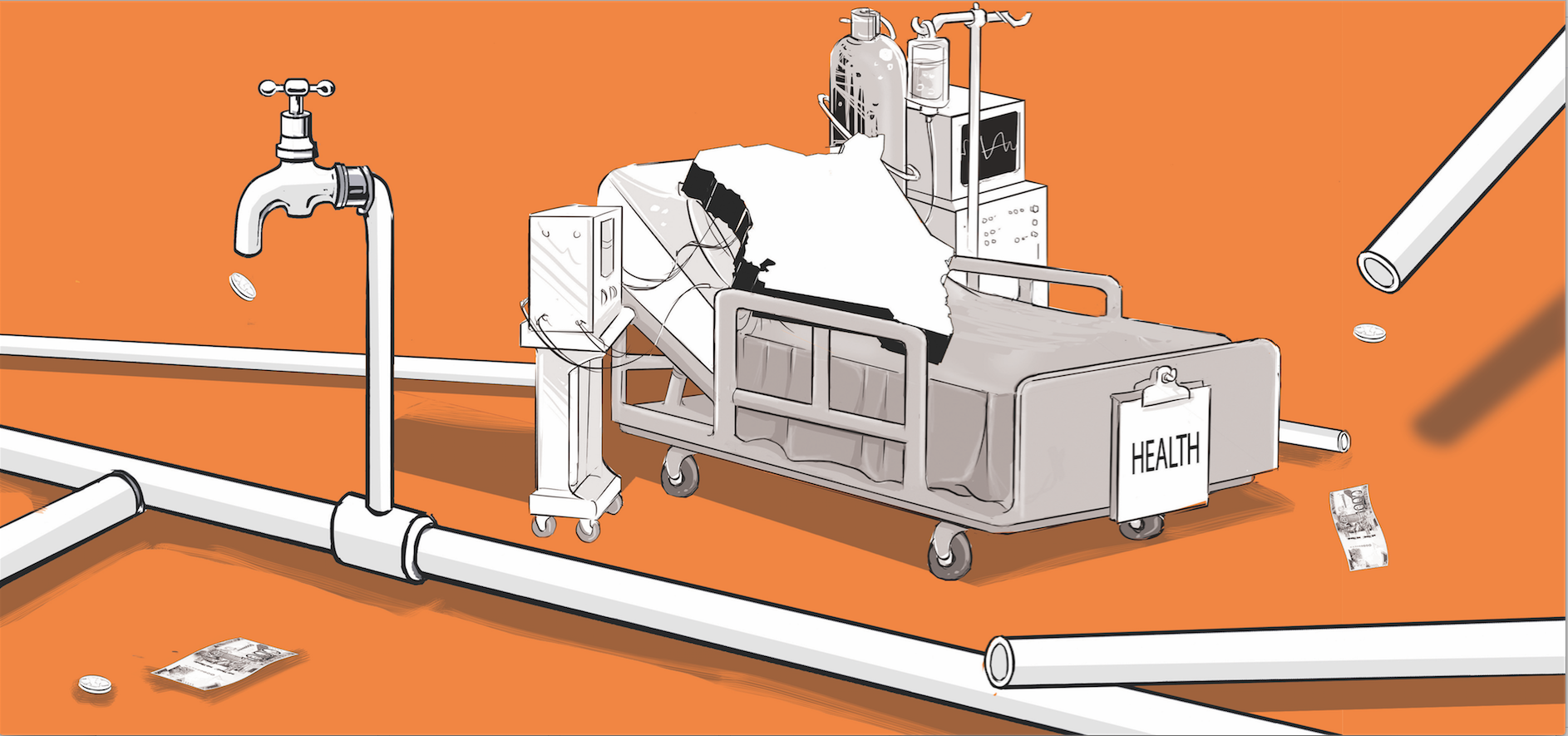

When a child spikes a fever in the dead of night, when a mother goes into labour far from a major hospital, or when a diabetic father goes for days without medication, these are not isolated emergencies. They are daily realities for countless Kenyans.
They reveal a simple truth—that access to healthcare is not a luxury; it is a basic human right.
The 2010 constitution recognised this truth and brought healthcare to the forefront of devolution.
It was a bold and visionary step, acknowledging that the best way to deliver lifesaving services is not from a distant central office but from the counties where the people live.
By placing healthcare in the hands of county governments, Kenya took a historic step toward equity, dignity and efficiency in service delivery.
Healthcare, more than any other function, belongs at the grassroots. Illness does not wait for bureaucratic processes. It strikes in villages and towns, at market stalls, and homesteads.
That is why devolution remains one of the greatest gains of the 2010 constitution; it brought the power to act closer to the people.
The World Health Organisation advises that no one should travel more than five kilometres to reach a healthcare facility. Devolution makes this standard achievable. Counties are now in a position to design health systems that reflect the unique needs of their people, rural, peri-urban and urban alike.
And the results speak for themselves. Across Kenya, counties have embraced the responsibility of healthcare with determination and innovation.
In Kiambu, we have embraced this mandate with urgency and focus. We have made healthcare our top priority because a healthy population is the foundation of a productive and prosperous county.
Since assuming office, we have commenced the construction of 26 new level 3 hospitals and upgraded 28 others, bringing care closer to where our people live and work, as part of an elaborate plan to ease congestion in existing facilities.
The facilities comprise outpatient, inpatient wings with between 16 and 26-bed maternity wings, general and paediatric wards, laboratories and theatres.
Long-stalled level 4 hospitals in Lari, Thogoto, Githunguri, Bibirioni, Wangige and Tigoni are nearing completion, while new facilities in Juja and Karuri are rising to meet the growing demands of our population.
We have invested in modern medical equipment, from advanced X-ray and ultrasound machines to dialysis machines, endoscopy and dental X-ray units.
These tools ensure faster and more accurate diagnoses and treatment. With these new facilities, we will increase our bed capacity from the current 1,509 to 3,109 beds.
Our Health Management Information System is transforming service delivery, making it more efficient and transparent.
This comprehensive automation of services that has been installed in all level 5 and level 4 hospitals ensures single-view dashboards with insight into hospital operations and statistical and analytical reporting capabilities, tracking patient records and managing medical supplies.
We have also tackled the long-standing challenge of medicine shortages by completing the Ruiru Central Medical Store, a game-changer in securing a reliable drug supply chain for our health facilities.
But even the best infrastructure cannot function without skilled human capital. That is why we have hired and promoted healthcare workers across the county. We believe that behind every life saved is a doctor, a nurse, a lab technician or a pharmacist who showed up, stayed late and cared deeply.
These investments are already yielding powerful results. Last year, Kiambu’s health facilities served 5.4 million patients, nearly double our county population of 3 million. This tells us something important—that people trust our healthcare system, including those from beyond our borders.
Yet we remain honest about our shortcomings. The recent tragic loss of a young life at Igegania Hospital shook us to the core. We took swift and firm action, held those responsible accountable and launched a full review of our systems.
Devolution has given counties the tools to respond faster, build smarter and serve better. But the journey is far from over. We must continue to improve, invest and reform because no Kenyan, no matter how remote their village, should suffer or die simply because a hospital was too far away.
Let us stay the course. Let us build a health system that truly belongs to the people because when we invest in health, we are securing our future.
Governor Kiambu county














